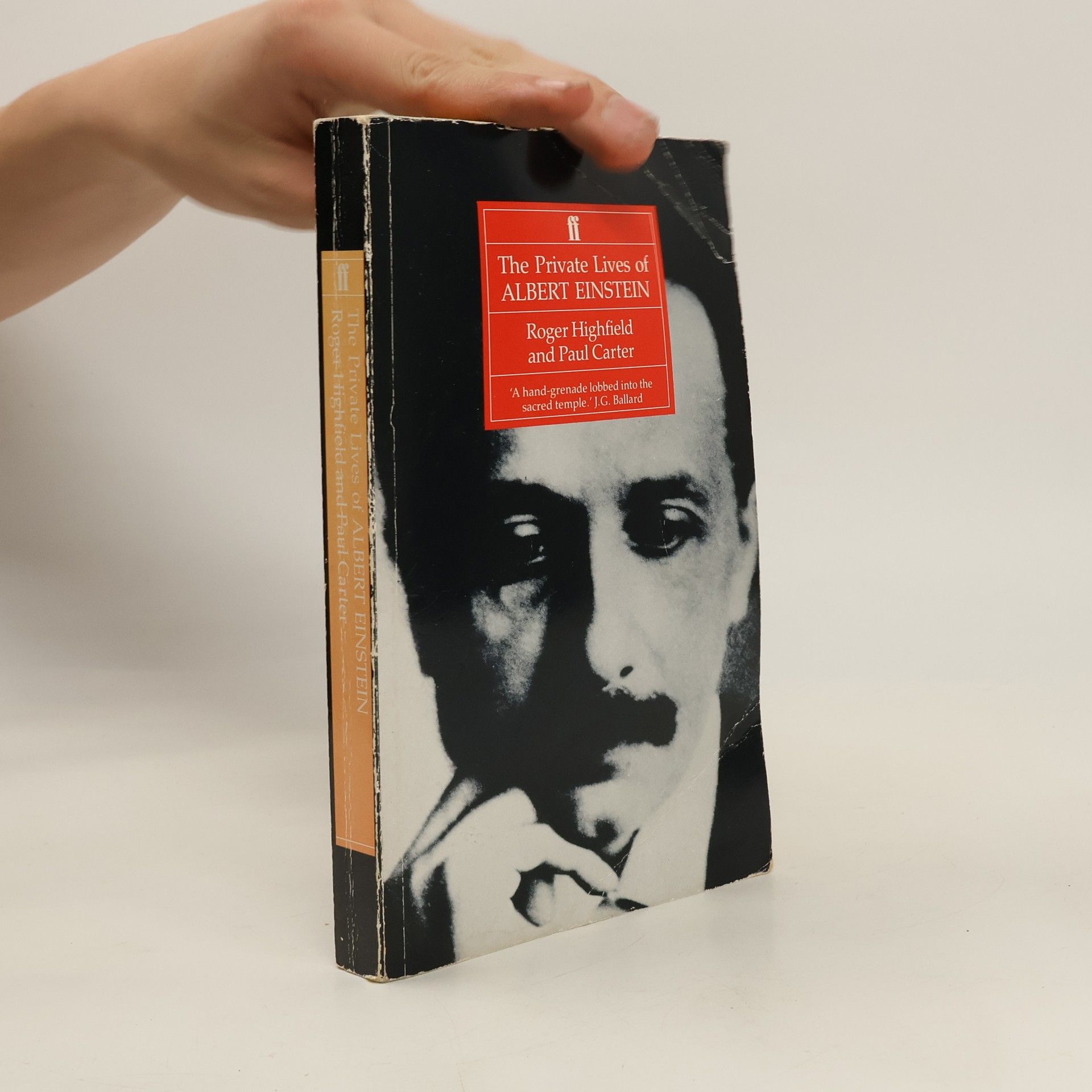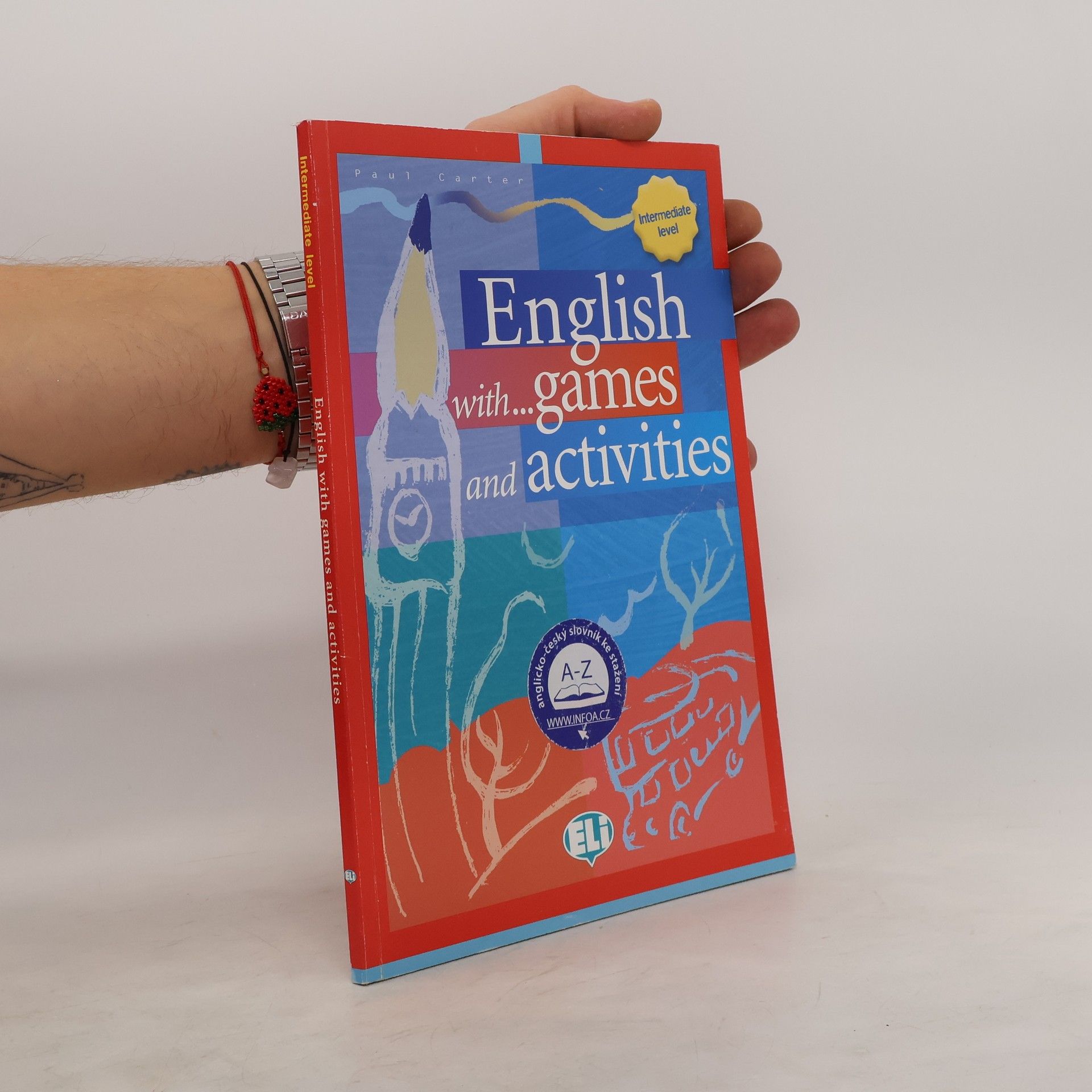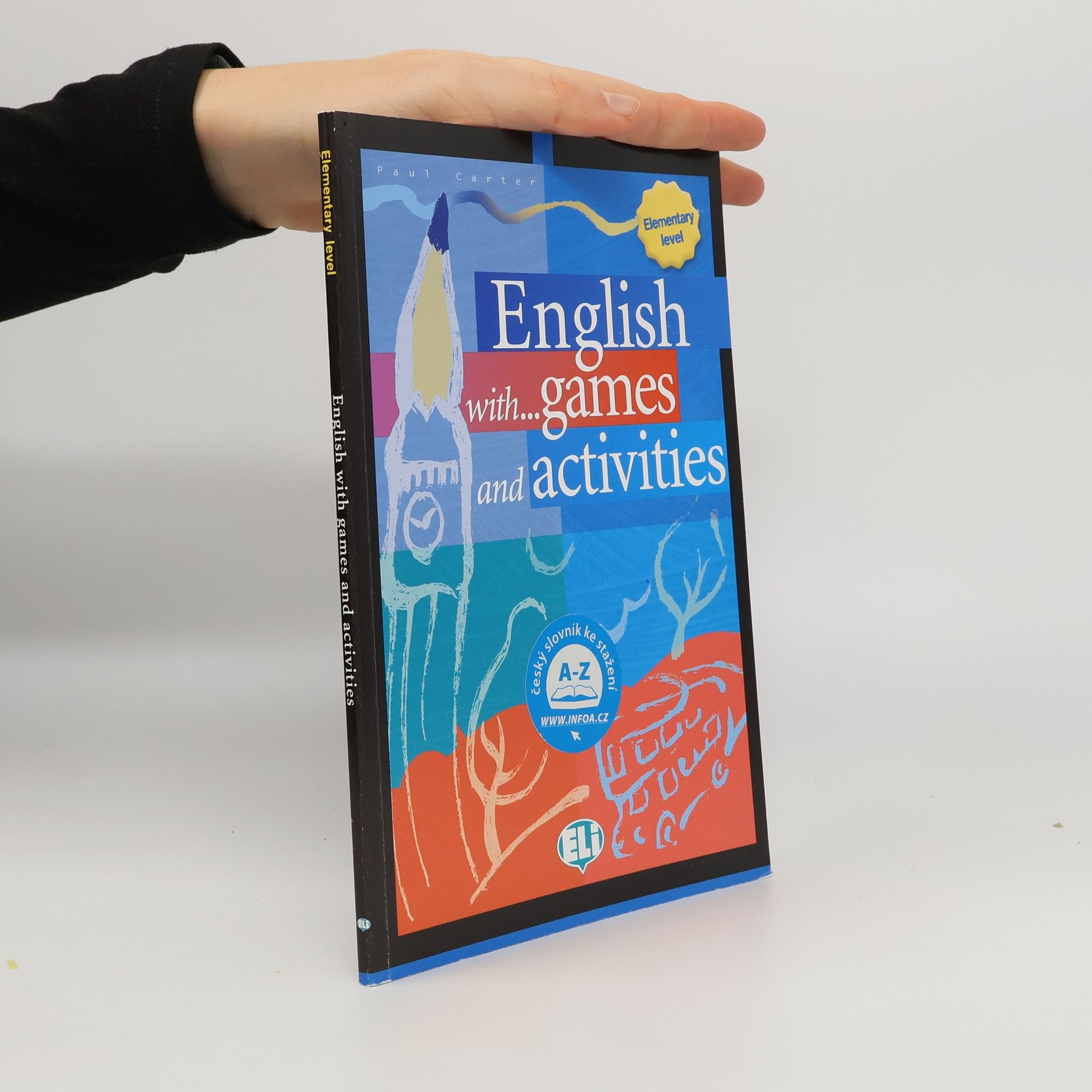Focusing on the politics and poetics of renaming colonial placenames to Indigenous ones, this practice-based exploration draws on case studies from Western Australia. It engages with international critical toponymy theory and traditional etymological methods, highlighting the complexities of meaning, reference, and cultural equivalence involved in the renaming process. The author emphasizes how these changes provoke essential discussions about identity and representation within the context of post-colonial discourse.
Paul Carter Book order (chronological)
Paul Carter is a writer whose nomadic childhood instilled in him a unique perspective on the world. His stories often explore the complexities of identity and belonging as shaped by constant movement and diverse cultural encounters. Carter's prose is characterized by its keen observational detail and an underlying philosophical inquiry into the human condition. His work invites readers to contemplate the fluid nature of home and the universal search for connection across vastly different landscapes.






Translations, an autoethnography
Migration, colonial Australia and the creative encounter
- 334 pages
- 12 hours of reading
Exploring the intersections of colonial anthropology, creative practice, and migrant ethnography, this work offers a deeply personal and candid autoethnography. Paul Carter's narrative provides insights into identity and cultural translation, blending scholarly analysis with artistic expression to reveal the complexities of migration and belonging.
Focusing on the overlooked cultural and intellectual histories of the archipelago, this volume explores the evolving dynamics between governance and democracy. It engages with marginalized perspectives to enhance current discussions, shedding light on how these histories inform contemporary political landscapes.
Is that Bike Diesel, Mate?
- 266 pages
- 10 hours of reading
"At forty years old, a successful writer, husband and father, no longer toiling on offshore drilling rigs, was Paul Carter happily nestled in the cotton wool of suburban life enjoying the fruits of his labour? Was he f**k! With his manic life left far behind and the perfect opportunity to take it easy stretched before him what else would a middle-aged, bike obsessed, man want? Yes, that's right, he'd want to be the first guy to ride around Australia on an underpowered experimental motorcycle that runs on used chip fat, wouldn't he? (Preferably without getting hit by an articulated lorry full of bridge parts along the way - ) Is he out of his mind? Quite possibly - Embark on a rollickingly funny, downright dangerous and often unhinged quest that starts on an environmentally friendly motorcycle built on a shoestring budget by students, and ends with a plan to land speed record for biofuel-powered motorcycle. Carter is at his balls-to-the-wall best: prepare to laugh out loud"--Publisher's description.
A take-no-prisoners approach to life has seen Paul Carter heading to some of the world's most remote, wild and dangerous places as a contractor in the oil business. Amazingly, he's survived (so far) to tell these stories from the edge of civilization. He has been shot at, hijacked and held hostage; almost died of dysentery in Asia and toothache in Russia; watched a Texan lose his mind in the jungles of Asia; lost a lot of money backing a scorpion against a mouse in a fight to the death, and been served cocktails by an orangutan on an ocean freighter. And that's just his day job. Taking postings in some of the world's wildest and most remote regions, not to mention some of the roughest rigs on the planet, Paul has worked, got into trouble, and been given serious talkings to, in locations as far-flung as the North Sea, Middle East, Borneo and Tunisia, as exotic as Sumatra, Vietnam and Thailand, and as flat-out dangerous as Columbia, Nigeria and Russia, with some of the maddest, baddest and strangest people you could ever hope not to meet.
Behind Palace Doors
- 272 pages
- 10 hours of reading
Reminiscences of the Queen Mother and her life during a two-year stint, 1994-1996 as by an officer of the Irish Guards who was an equerry in her household.
Parrot
- 213 pages
- 8 hours of reading
Highly illustrated, with images drawn from a wide range of cultures, historical periods and media, this book offers a roller-coaster ride through parrots in literature, jokes, folklore, mythology, film, TV and children's stories worldwide, as well as an examination of parrot conservation, talking bird experiments and parrot portraiture.
Las vidas privadas de Albert Einstein
- 380 pages
- 14 hours of reading
Einstein fue el científico más importante de su siglo y también el centro de los debates más importantes de su época.
English with games and activities Intermediate
- 96 pages
- 4 hours of reading
Kniha obsahuje doplňkové aktivity, hry, křížovky, přesmyčky pro zpestření výuky angličtiny nebo pro zábavu doma. Součástí knihy je klíč správných řešení. - 3. díl
English with... Games and Activities
- 96 pages
- 4 hours of reading


